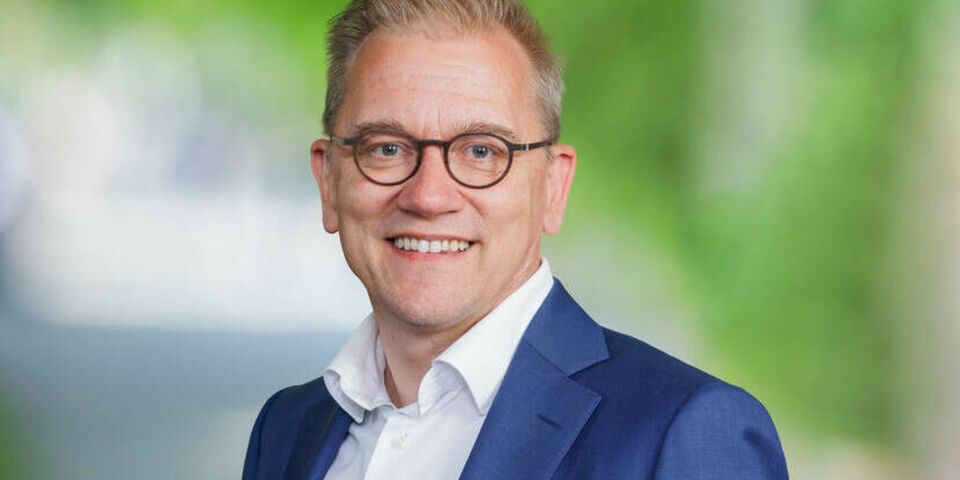According to NOS Eppo Bruins (1969) will be the successor of outgoing Minister Robbert Dijkgraaf (D66). The division of portfolios hasn’t been announced yet. Dijkgraaf is in charge of senior secondary vocational education (MBO), higher professional education (HBO) and university education. He was known to emphasise the equality of those types of education and received praise for this. It would make sense for the next minister to also combine these education sectors.
This would put primary and secondary education into the hands of another minister (or state secretary). It remains to be seen who will get culture and media.
Bruins' appointment has not yet been officially confirmed, but the ChristenUnie is already reacting negatively to the news. 'Eppo has meant a lot to the ChristenUnie, including as a member of parliament, and enjoyed a great deal of trust. We regret his choice to join a cabinet that does not sit there on behalf of the ChristenUnie,' the party says on its own website.
Viewpoints of Bruins
As a member of the House of Representatives, Bruins said in an online debate in 2020 that there may be too many young people enrolling in higher education. “As a country, we are dependent on the choices of seventeen-year-olds, whereas we have major problems to keep our future earning capacity in order”, he stated. And also: “Are enough people still going to MBO, to train as a bricklayer or carpenter?”
In that same debate, Bruins said more money had to go to science, as this is important for the economy, or otherwise for solving social problems such as radicalisation and terrorism. The outline agreement of the new coalition partners contains a significant cutback on higher education and research.
Bruins, who studied physics himself, regularly spoke out in favour of other disciplines in the House of Representatives, particularly when the cabinet moved a hundred million euros over to science and technology. “Most of all, we want to safeguard the position of the humanities”, he said. “Those are vulnerable, but of high quality and valuable to our country.”
Ideal person
Robert-Jan Smits, chairman of the TU/e Executive Board (CvB), is enthusiastic about Bruins as a ministerial candidate. "He is the ideal person. He has been a researcher himself and knows the scientific world. Bruins has always championed research and innovation."
The outline agreement of the new coalition includes a substantial cut in education. Smits hopes Bruins' "enormous knowledge and experience" will come in handy in implementation. "We are facing big cuts. It is of great importance to have a minister who wants to participate in thinking how we can best achieve this."
Recognise and reward
He currently chairs the Advisory Council for Science, Technology and Innovation. Amongst other things, this council issued a positive statement on ‘recognise and reward’: the attempt by university administrators to pay less attention to rankings and publications in leading journals. Employees can also distinguish themselves in other domains, such as education, valorisation and leadership.
The council also advised being less “naive” when it comes to knowledge security. “Until recently, you could raise hundreds of thousands in research funding if you were willing to cooperate with China, with hardly any conditions attached”, AWTI chair Eppo Bruins said on current affairs programme Nieuwsuur at the end of November.
Innovation
Another subject is innovation. Bruins and his council members spoke out in favour of social sciences and the humanities. When innovating, specialisms such as psychology, law, sociology and cultural studies are crucial, they argued.
Two years ago, the council called for more interdisciplinary research. Their idea was that the government could promote this research in two ways. In an interview with HOP, Bruins said: “You must stimulate research that stems from the intrinsic curiosity of researchers. One way to do that is through free competition, like what happens with the research financing agency NWO. You could get rid of certain annoying rules, so that it becomes easier for the researcher to work with artists or people whose expertise comes from experience, for example.”
“But you can also do it top-down, which is when you stimulate research into certain complex subjects that are inherently interdisciplinary”, he said in description of the other side of the policy. “One should not mistake one setting for the other.”


Discussion